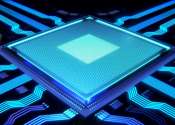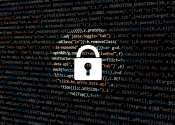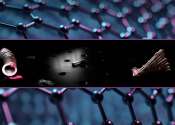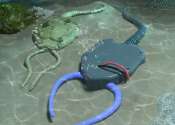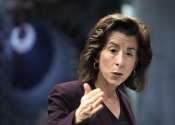Taiwan chipmaker TSMC stock surges after Morgan Stanley raises price target on Nvidia
Taiwan's Taiex benchmark index jumped 3% to a record high on Thursday, buoyed by a surge in the share price of Taiwan Semiconductor Manufacturing Company, the world's biggest maker of computer chips.
Feb 16, 2024
0
27
